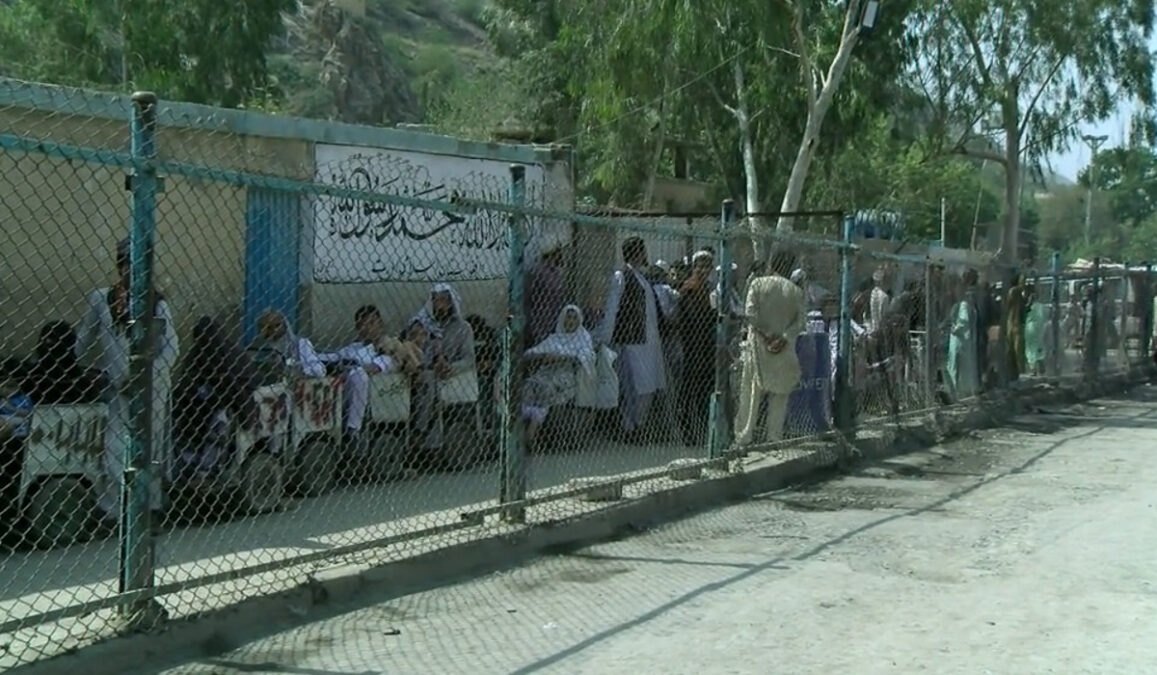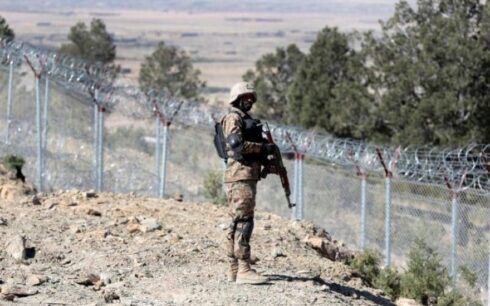Pakistan is in the process of establishing deportation centers to address the issue of undocumented migrants in the country, a move that will notably affect over 1.7 million Afghans residing in the nation, according to officials as reported by the Associated Press.
This development represents the latest step in the government’s efforts to expel foreign individuals lacking proper registration or documentation.
According to a statement by the Taliban-run Ministry of Refugees and Repatriation on Thursday, more than 5,000 Afghan migrants returned home from Iran and Pakistan through Islam Qala and Spin Boldak border crossings over the past few days. The ministry said that over 700 were identified as needy and were provided aid by the International Organization for Migration (IOM).
Pakistani authorities have declared that, as of next Wednesday, anyone found residing in the country without proper legal status will be subject to arrest and subsequent detention in these newly formed deportation centers, as stated by the Associated Press.
Jan Achakzai, the spokesperson for the southwestern Baluchistan government, confirmed that three deportation centers are currently being established, with one located in Quetta, the provincial capital.
Azam Khan, the caretaker chief minister for the northwest Khyber Pakhtunkhwa province, revealed that his region is also preparing three deportation centers. Since the announcement of the crackdown, more than 60,000 Afghans have voluntarily returned to their home country, he stated.
He strongly urged migrants residing in Pakistan without proper legal status to leave the country prior to the Tuesday deadline to avoid potential arrest.
Pakistan’s caretaker Interior Minister, Sarfraz Bugti, has emphasized that there will be no extension to the deadline.
It’s worth noting that Pakistan has long been home to millions of Afghans who fled their homeland during the Soviet occupation from 1979 to 1989. The Afghan refugee population has further expanded after the Taliban’s takeover of Afghanistan in August 2021.
The Pakistani government has stated that its focus is on individuals residing in the country without legal authorization, regardless of their nationality, and has assured that the approximately 1.4 million registered Afghan refugees need not be concerned about deportation.
This crackdown has elicited widespread condemnation, with a group of former U.S. diplomats and representatives of resettlement organizations urging Pakistan not to deport Afghans who are waiting for U.S. visas under a program designed to relocate refugees at risk due to the Taliban’s rule.
The United Nations has issued a similar appeal, expressing concerns about potential human rights violations, including the separation of families, as a result of the deportation measures.
In a video received by Amu on Wednesday, Pakistani police were seen conducting a raid on an educational center catering to Afghan refugees. During the operation, five Afghan nationals working as teachers were detained.
Abdul Ghafar Ibrahimi, one of the detainees, criticized the Pakistani police for their treatment of the refugees and claimed that the police created panic among the students during the raid.
“They [the police] took me and four other teachers to the police center. We were held for six hours and later released on a guarantee bond provided by a Pakistani journalist for a period of 48 hours,” he stated.
Ibrahimi further noted that due to a lack of sufficient time, the refugees are unable to provide the necessary legal documentation to validate their status.





